In the intricate web of healthcare management, where decisions impact lives, the role of ethical leadership becomes paramount. A Master of Hospital Administration (MHA) degree at our college quips professionals with not only the technical skills but also the ethical compass needed to navigate the complex landscape of healthcare. In this blog, we delve into the crucial role of MHA professionals in fostering ethical leadership within the healthcare sector.
1. Setting the Tone:
Ethical leadership begins at the top. MHA professionals, equipped with a deep understanding of healthcare management principles, play a pivotal role in setting the ethical tone within healthcare organizations. Their decisions and conduct create a ripple effect that permeates the entire institution.
2. Patient-Centric Ethos:
MHA programs emphasize a patient-centric approach to healthcare. Ethical leaders in the field prioritize patient welfare above all else, ensuring that policies, procedures, and decisions align with the best interests of those seeking care.
3. Navigating Moral Dilemmas:
The healthcare sector often presents complex moral dilemmas. MHA professionals, through their training and education, develop the critical thinking skills needed to navigate these dilemmas ethically. They are equipped to make decisions that balance competing interests while upholding the highest standards of integrity.
4. Transparency and Trust:
Ethical leaders foster an environment of transparency and trust. MHA professionals prioritize open communication, ensuring that patients, staff, and stakeholders have confidence in the decision-making processes within the healthcare organization.
5. Adherence to Regulations:
Healthcare is a heavily regulated industry, and ethical leadership involves a commitment to compliance. MHA professionals are well-versed in healthcare regulations, ensuring that their organizations operate within legal and ethical boundaries.
6. Advocacy for Equity:
Ethical leaders advocate for equity in healthcare delivery. MHA professionals work towards eliminating disparities in access to quality care, promoting inclusivity, and addressing social determinants of health to ensure fair and just healthcare practices.
7. Balancing Business and Ethics:
Healthcare organizations must balance financial viability with ethical considerations. MHA professionals, with their business acumen, navigate this delicate balance, ensuring that financial decisions do not compromise the ethical standards of patient care.
8. Ethical Decision-Making Models:
MHA programs often include education on ethical decision-making models. MHA professionals leverage these models to guide their teams through ethical challenges, promoting a systematic approach that considers the ethical implications of each decision.
9. Crisis Management with Integrity:
In times of crisis, ethical leaders shine. MHA professionals, trained in crisis management, navigate challenges with integrity, making decisions that prioritize the safety and well-being of patients and staff.
10. Continual Ethical Education:
Ethical leadership is not a static concept; it requires continuous education and self-reflection. MHA professionals engage in ongoing learning, staying abreast of evolving ethical standards and incorporating ethical considerations into their leadership practices.
In conclusion, ethical leadership is the cornerstone of effective healthcare management, and MHA professionals are at the forefront of cultivating this crucial aspect. As guardians of integrity, they ensure that healthcare organizations prioritize the well-being of patients, uphold ethical standards, and contribute to the advancement of a healthcare system built on trust, transparency, and compassion. The ethical compass instilled in MHA professionals serves as a guiding light in the ever-evolving landscape of healthcare leadership.
